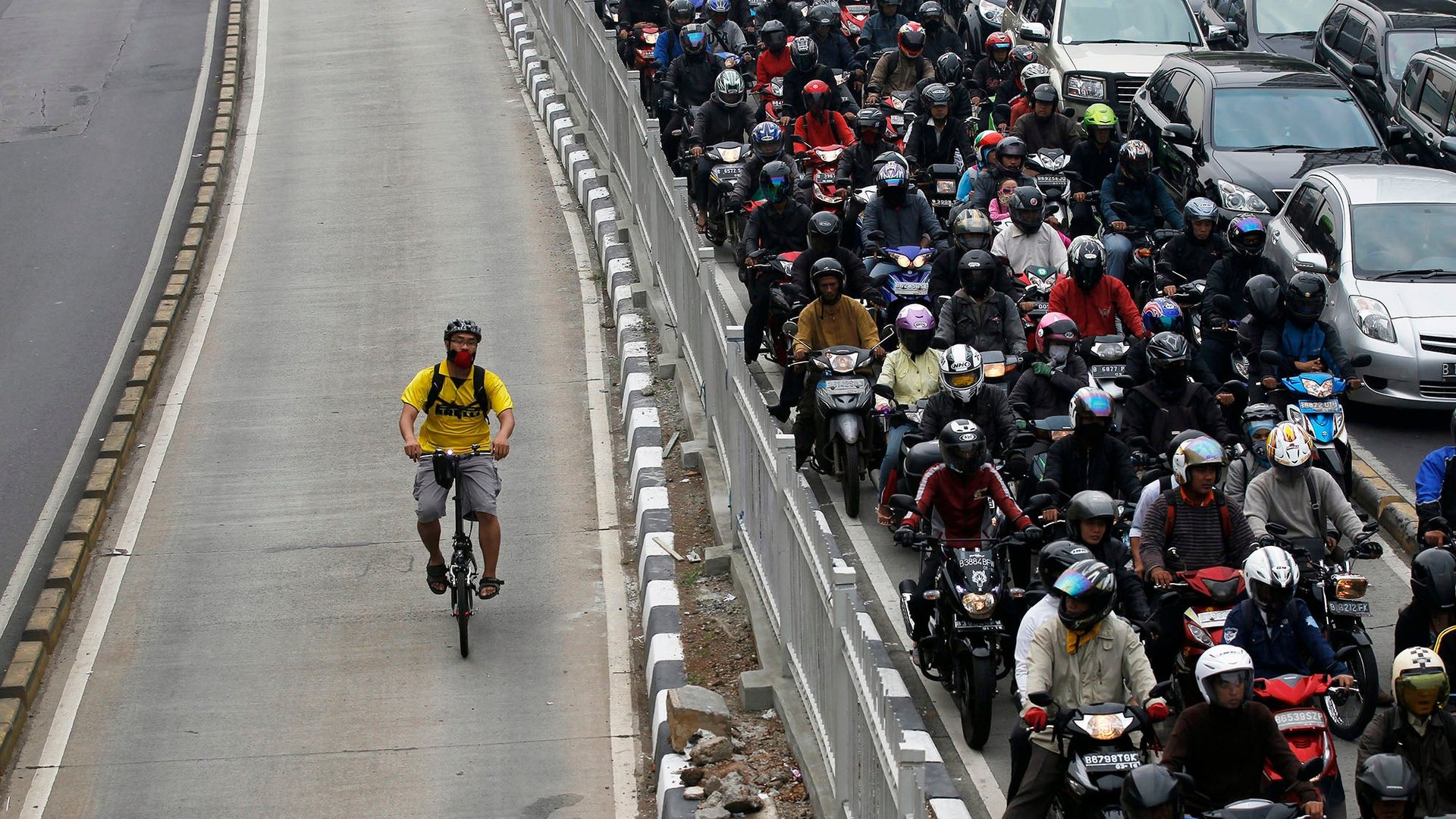Doing these things for your own health will also help save the planet
You’ve heard it before: Climate change is the greatest threat to human health in the 21st century. A new comprehensive report by experts confirms that finding, but also suggests that strategies to address this threat could offer other benefits.


You’ve heard it before: Climate change is the greatest threat to human health in the 21st century. A new comprehensive report by experts confirms that finding, but also suggests that strategies to address this threat could offer other benefits.
Many of the things you can to do save the planet, the report points out, will also make you personally healthier. That’s right: This really is that rare time when doing good for yourself will mean doing right by everybody else.
Here’s how Anthony Costello, the director of the UCL Institute of Global Health and one of the lead authors of the report, puts it:
We’re getting heart attacks, strokes, diabetes, respiratory ill-health, depression, anxiety … [but] all of things we want to do to protect [ourselves] against climate change will improve our health, whether it’s active transport—walking, cycling—eating healthier sustainable local diets or cutting air pollution. All of that will have a huge health dividend, health benefits, and save a lot of money.
The logic is simple and the benefits are both immediate and long-term. Let’s take exercise for instance. If you walk or cycle to work, you burn no fossil fuels while commuting, and fewer emissions mean cleaner air, which benefits everybody. But it also helps your individual health in the short term, and could mean fewer trips to the doctor in the long term.
A similar argument can be made for eating healthier. One of the best hacks to do that is to cook your own food—which not only makes you fitter, but also cuts down on foods produced using high-emission factory processes.
So activities that improve health lead to fewer emissions, and fewer emissions lead to better health. This is called a positive feedback loop, where one thing helps the other and the other helps the former.
The good news—and the bad news—is that this approach can make a big difference, to individuals and society, because there is a lot of room for improvement.
In 2013, only one in five people in the US got the recommended amount of physical activity. And that is true for about the same proportion of people in the UK (pdf, page 5). When you combine lack of physical activity with poor eating habits, obesity increases. The number of obese people in the world has doubled in the last 30 years.
Getting people to work together on a collective goal is hard. That should become a whole lot easier, if the collective goal is achieved as a side-effect of each individual’s personal benefits.